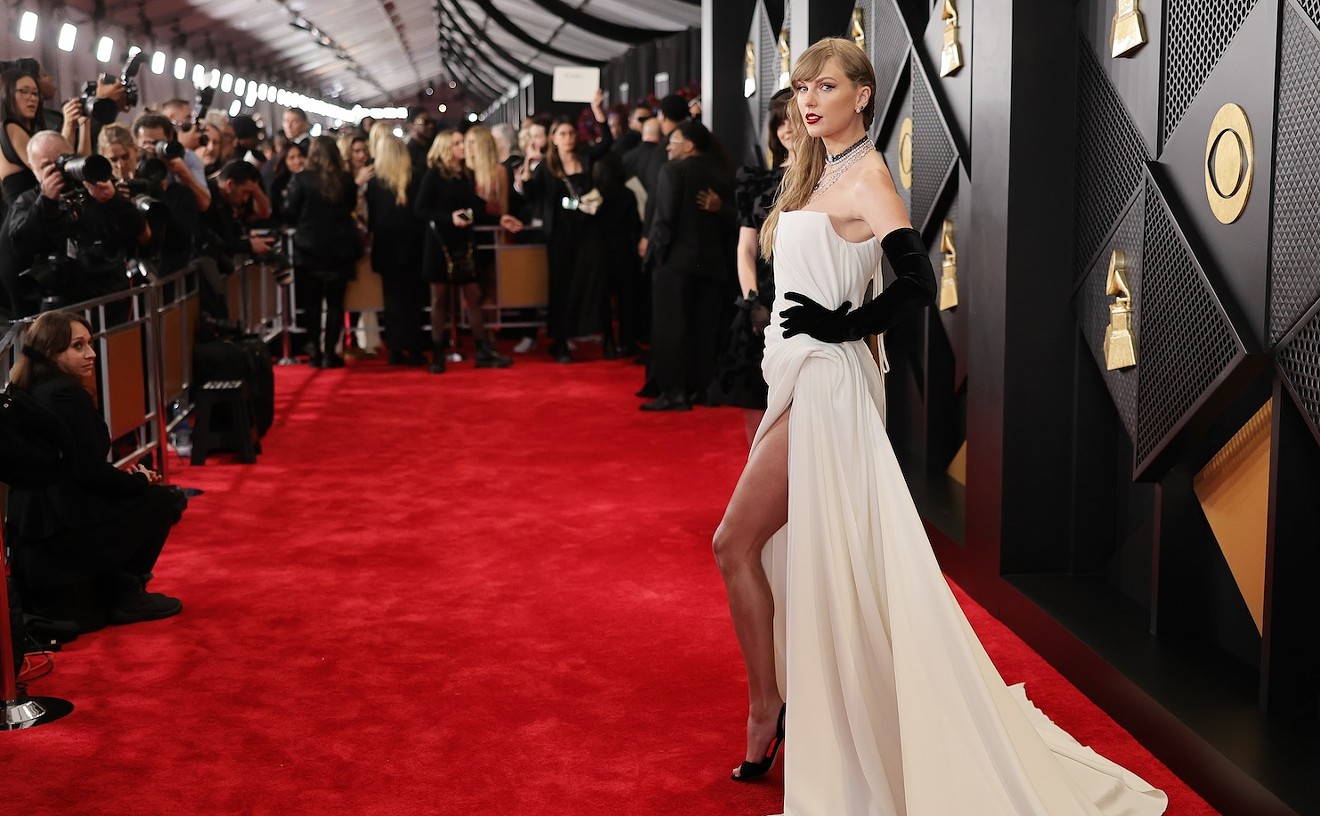As artistic director of Jazz at Lincoln Center and as music director of the Lincoln Center Jazz Orchestra (LCJO), Marsalis participates in programs to preserve and promote an understanding of the American jazz canon. Those activities sometimes encourage collaborations with musicians from other cultures that have influenced jazz. Another aspect focuses on the musical culture of various cities such as New Orleans.
"I figured it would be good to have an original composition that has the type of festive feeling to it that the Sunday markets had in Congo Square," Marsalis says. "It's important to the history of American music, and it's significant in the world that we live in now with the whole question of the integration of people and the integration of the arts. This was one of the great cases of cultural integration in the history of music."
Congo Square is the local, familiar name for Beauregard Square, a space in the southern corner of Armstrong Park. The site has been an open meeting place throughout New Orleans history.
Congo Square, the piece of music, is an extended suite divided into seven sections representing the bustling Sunday marketplace where Africans from various groups gathered to play their music.
"Without the Congo Square music, the slave music, there is no jazz or blues," says Addy. "When I see a drum, I can tell you what kind of music they played on that drum in Africa. In Africa we have royal music, medicine music, ordinary music, different kinds of music. I know that jazz and blues come from that."
With its themes of family life, a bustling marketplace, romance, and the activities of couples, the suite celebrates the cultural meaning of music moving from one culture across many other cultures.
"We're not re-creating the music of Congo Square," Marsalis says. "We're coming together. Ultimately that is what happened in Congo Square. People came together and created the basis for all music that has drums and bass in it. It could be jazz, hip-hop, country music. Any time you hear a bass and drum together, the origins of that can be traced to Congo Square."
Co-writing Congo Square with Addy has been a unique and interesting experience for Marsalis, who has learned much from the elder Ghanaian master drummer about the cultural differences between the music of Africa and America. One notable point is the way in which the two cultures understand rhythm and the placement of melody within a polyrhythmic structure.
"The placement of the melody in African music is not random," Marsalis explains. "Because it's not locked into the harmony, it can come in on either side of the beat. It's very different from our American understanding of rhythm. Working with Addy, I now understand better the circular nature of music."
Addy, age 75, pioneered the performance of traditional African music in America. He formed his ensemble Odadaa! in 1982. The nine-piece group features traditional African drums, singers, and balafon. Addy first visited Congo Square in 1986 and met Marsalis at a Washington, D.C. festival in 1992. Odadaa! first performed with LCJO at Columbia University in 2003. They began discussing the Congo Square project later that same year.
"Yacub said we should do something together because he liked jazz," Marsalis says. "He has very clear views about African music and about where it's related to jazz and where it's not related to it. We've become like a family. I go to his house and hang and talk about music. He has such a spiritual understanding of the music."
The two musicians discussed Art Blakey and Duke Ellington, as well as the movement of clave rhythms from West Africa, the West Indies, and the Caribbean to Latin America, New Orleans, and the rest of America.
"Yacub says that when they play a beat, or when the drums get together and play a groove, every groove has a meaning," Marsalis relates. "It seems to him that American musicians don't associate a meaning with any groove. We just play anything according to how it makes you feel. He says that their groove is a very serious thing."
LCJO and Odadaa! will record Congo Square in May in New York for a forthcoming studio CD.










